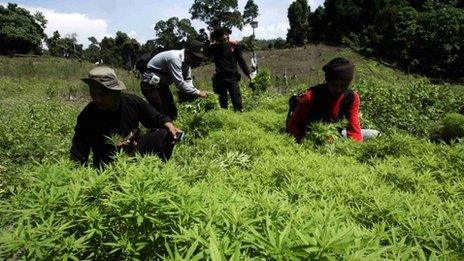Bishop: Indonesia executions 'will not curb drugs problem'
- Published
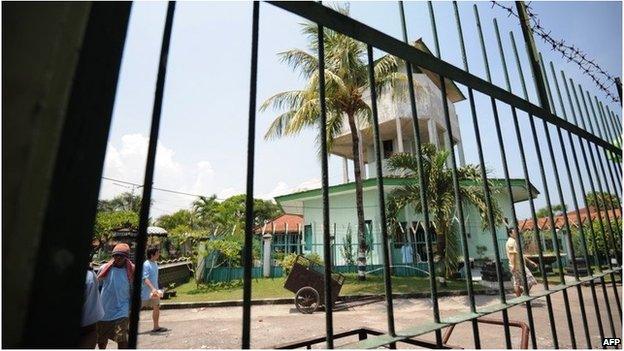
Myuran Sukumaran and Andrew Chan are being held at Bali's Kerobokan jail
Executing two Australian drug smugglers on death row in Indonesia will not solve its drug problem, Australian Foreign Minister Julie Bishop has said.
Australia would continue to work on behalf of "Bali Nine" smugglers Myuran Sukumaran and Andrew Chan, she said.
The duo, sentenced to death in 2006 as ring leaders of the group, are expected to be executed by firing squad.
Ms Bishop's comments came after Indonesia executed six people for drug offences on Sunday.
Five of those executed were foreign nationals, from Brazil, the Netherlands, Malawi, Nigeria and Vietnam.
Brazil and the Netherlands have recalled their ambassadors from Indonesia in protest.
But Indonesian President Joko Widodo has said he will not give clemency to any of the drug smugglers on death row.
'Sober reminder'
Speaking on Sky News, Ms Bishop said Australia would continue to point out to Indonesia that the two Australian men had gone to great lengths to rehabilitate themselves.
"I don't believe that executing people is the answer to solving the drug problem and certainly the trafficking of drugs in and out of Indonesia," she said.
"However, this is Indonesian law and it is a sober reminder that drug-related offences carry very, very heavy penalties in other countries, particularly in Indonesia."
Ms Bishop said she had written again to Indonesia's Foreign Minister Retno Marsudi in December about clemency for the two men but she received a response "just recently rejecting our representation on the basis that Indonesia claims it is facing a crisis in terms of drug trafficking and it believes that the death penalty should apply".
It is a long-standing position of Australian governments to oppose the death penalty and the execution of Australian nationals by foreign governments.
Ms Bishop would not say if Australia would withdraw its ambassador to Indonesia if the executions went ahead.
"I won't go into, speculate as to what would happen should the Indonesian government carry through its threat to execute Australians."
She said she had met the families of the two men on the weekend and "they are hoping and praying that there will be clemency".
The eight men and one woman of the Bali Nine were aged between 18 and 28 at the time of their arrests.
Following various appeals, the other seven are now serving either life or 20 years in prison.
A letter rejecting clemency for Sukumaran was delivered to Kerobokan prison in Bali by a government official last Wednesday, according to Australian media reports.
It was printed on the letterhead of "Presiden Republik Indonesia" and had Mr Widodo's name printed underneath, reported Fairfax Media.
Chan has not been notified officially that his clemency bid has been turned down and Indonesian Attorney-General HM Prasetyo has said that until it is issued, Sukumaran's execution is on hold.
Indonesia ended a four-year unofficial moratorium on executions in 2013. No executions took place in 2014.
- Published18 January 2015
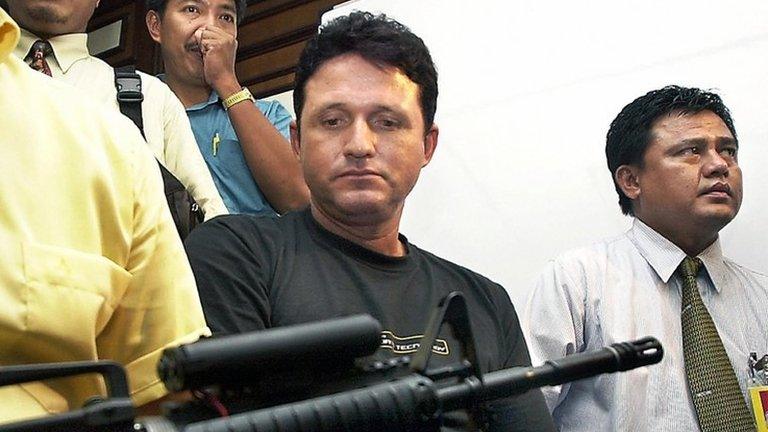
- Published16 January 2015
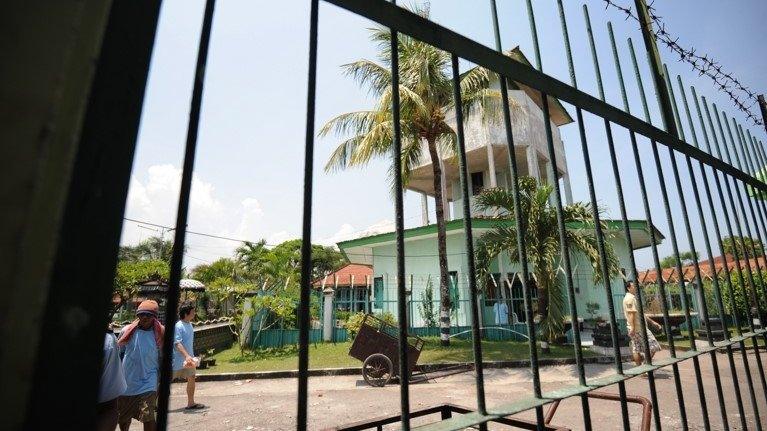
- Published22 July 2014
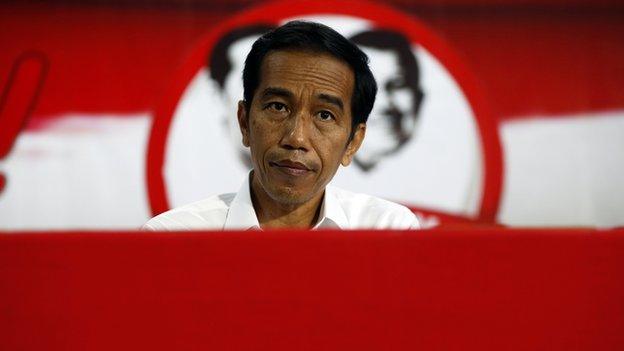
- Published8 April 2013
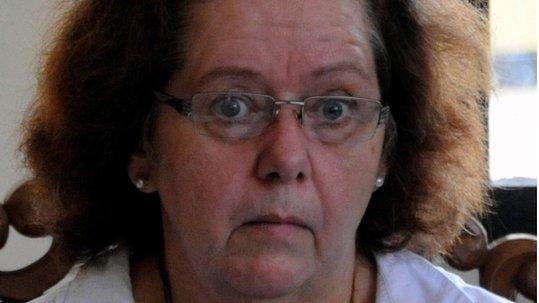
- Published15 March 2013
